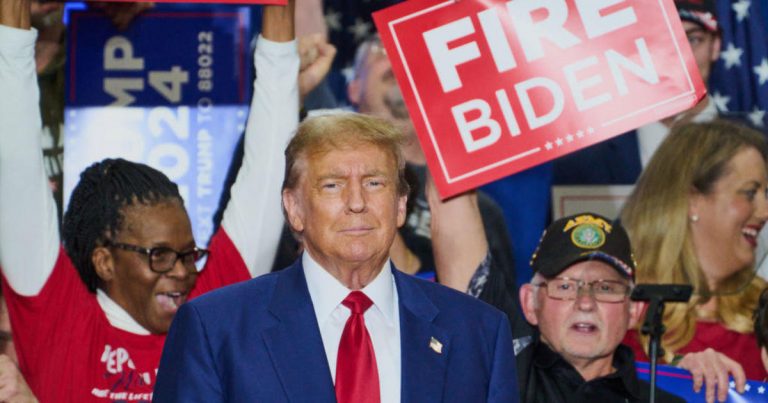Harris campaigns as a practical capitalist to gain more followers.
Vice President Kamala Harris delivered a speech in Pittsburgh focusing on her economic plan, emphasizing the need to lower costs for the middle class and positioning herself as a pro-business capitalist. Her address highlighted key points of her proposal while keeping the details broad and accessible to a wide audience.
Harris drew inspiration from Franklin Roosevelt, advocating for “bold, persistent experimentation” and prioritizing “practical solutions” over rigid ideological constraints. She emphasized her willingness to embrace good ideas from any source, showcasing a pragmatic approach to economic policy.
Recent polling by CBS News indicates that Harris is gaining ground among voters who prioritize the economy in their voting decisions, particularly those who believe in its current or potential improvement. This signals a positive reception to her economic strategies.
The Vice President reiterated existing proposals, such as addressing housing affordability through a federal ban on price gouging and expanding tax credits for young parents and aspiring small business owners. She committed to building upon the Biden administration’s policies if elected.
Her economic plan revolves around three main pillars, including expanding or restoring tax cuts like the earned income tax credit and child tax credit. She also aims to enhance Medicaid, reduce prescription drug costs, and advocate for union contracts in government projects.
Harris outlined her vision for promoting domestic manufacturing and innovation through targeted tax incentives, emphasizing the importance of leading in sectors such as bio-manufacturing, artificial intelligence, and Blockchain. She also pledged to prioritize infrastructure improvements and streamline permitting processes.
In response to inquiries regarding how she would finance her proposals, Harris pointed to a corporate tax rate hike while ensuring that no additional taxes would burden individuals earning less than $400,000. She reiterated her commitment to fairness in taxation, emphasizing the need for everyone to contribute their fair share.
The Vice President’s plan also underscores her intention to continue the Biden administration’s approach to antitrust regulation, promising to crack down on unfair mergers and acquisitions that could harm consumers. She referenced specific cases, like the potential merger of Kroger and Albertsons, as areas of scrutiny under her administration.
Harris highlighted the ongoing challenges faced by the middle class, acknowledging the persistent rise in the cost of living. Drawing from her own upbringing, she emphasized the importance of understanding and addressing the financial pressures experienced by American families.
While acknowledging the positive economic indicators touted by the Biden administration, Harris stressed the need to address the underlying issues contributing to the high cost of living in America. She contrasted her approach with that of former President Donald Trump, emphasizing her focus on working people and the middle class.
Businessman Mark Cuban, who attended Harris’ speech, commended the clarity and precision of her plan but called for more specific details on healthcare and prescription drug pricing. He highlighted the importance of effectively communicating the benefits of her economic vision to voters in the lead-up to the election.
In conclusion, Vice President Kamala Harris’ economic plan presents a comprehensive strategy to tackle key challenges facing the middle class and promote sustainable economic growth. By emphasizing practical solutions, fairness in taxation, and targeted investments in key sectors, Harris aims to build a more resilient and inclusive economy for all Americans.








